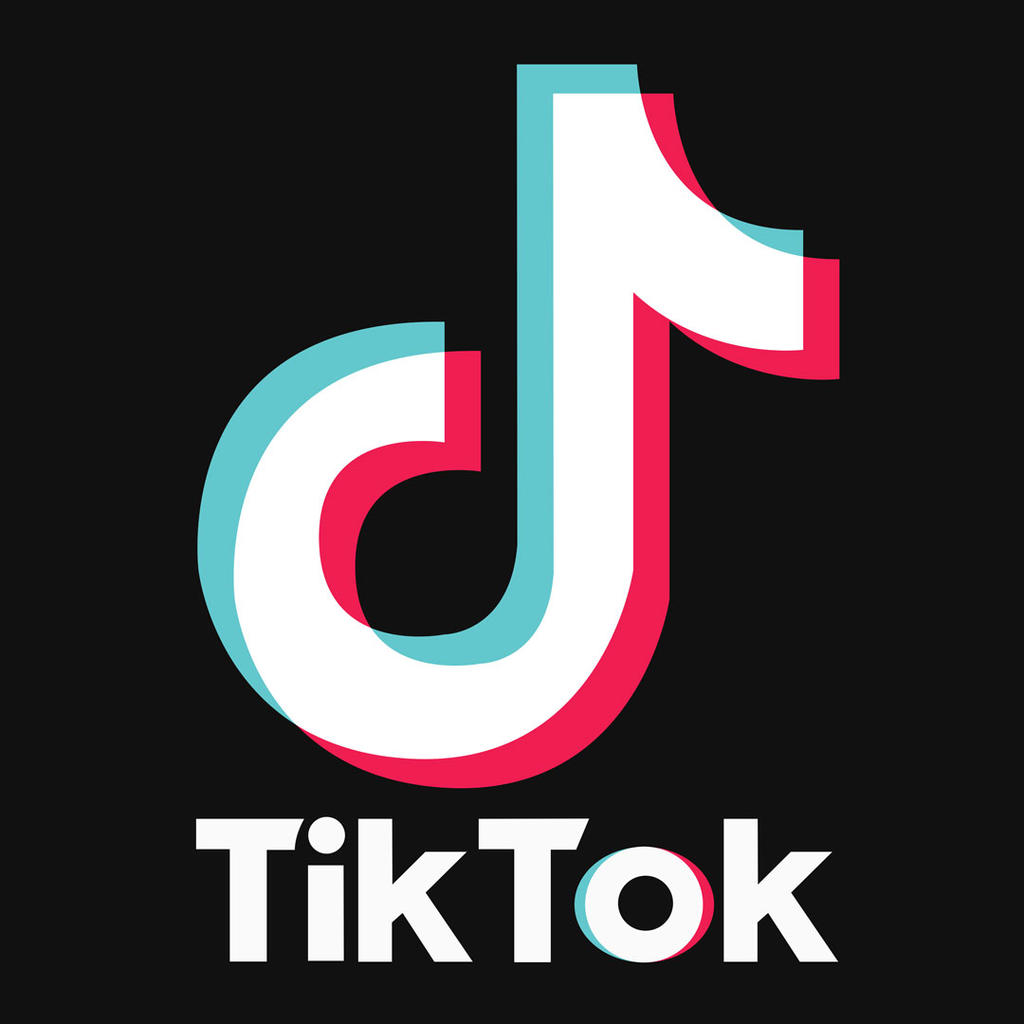TikTok, though being a well-known, trendy, and addictive app, is actually an unhealthy, hatred-spreading, unproductive app. Each scroll takes users further down into the wide variety of topics, trapping them into their phones until they are absorbed in it for hours. However, if users steadily increase their time away from the app, they will feel this addiction ebb away.
It is common for teenagers to try to quit using TikTok to do more substantial tasks, but these attempts are often unsuccessful. They are simply too addicted to the app to stop themselves from using it. According to a poll presented to around 20 students in Bergen County, 78.3% do not want to quit the app while 21.7% want to. In these statistics those who refuses to get off of TikTok, replied with the reason being that they he/she “[doesn’t] see anything wrong with the app.” or they answered with “I am addicted and it’s great.” In contrast, there were few students who expressed that they wanted to stop using TikTok due to their addiction.
However, despite many of such positive opinions on the app, it is important to recognize that TikTok is a source of false information and hate. According to the Pew Research Center, 43% of TikTok users get news from TikTok, when as reported by ABC News, 20% of TikTok posts have fake news in them. When users receive fake news through the videos they watch on the app, they can send misinformation to more people and continue spreading it.
Moreover, hate is also a big part of TikTok. According to the Anti-Defamation League (ADL), online harassment rose to 36% for adults and 51% for teens in 2023, which is significant, as cyberbullying harms people’s mental health and pushes them to spread the same harassment to others.
Lastly, TikTok encourages procrastination, especially among students. Instead of doing homework, students may find themselves gazing at the short videos and scroll for hours on their phones. Thus, instead of being with friends or family, users lock themselves in a bubble of isolation from the world surrounding them. Instead of paying attention to the things they need to do, TikTokers shut people out in order to focus on a video that ends in less than 30 seconds, reducing the joys and opportunities that come with life.
On the other hand, many people use TikTok to take a break from stress, entertain themselves, and look for cool trends. “There are negatives and positives,” Leah Yechezkell (’24) said. “There is a lot of hate and cancel culture [in TikTok]. But, I also learn a lot of advice for school, makeup, fashion, and other aspects in my life,” Many things on TikTok can be used to improve one’s life, and that’s why many don’t want to quit. There are people who admit the benefits of TikTok and recognize that it is their responsibility to choose which information to appreciate or ignore.. “I do not want to quit TikTok because even though it gives out false information, I know that in the end I believe what I actually have proof about and to not believe silly things,” Alexa Voegeli (’27) said. “I know there have been dangerous trends, but I personally would never begin to think of doing something like that. With TikTok, you have to have personal boundaries and levels of respect for yourself to not post inappropriate videos and information on your public accounts.” Both negative and positive seem to be balanced out, but can they continue to be?
Overall, TikTok is a controlling, addictive app that encourages misinformation, hate, and procrastination. So, try to spend time away from TikTok and more with your family or do your homework. It may be hard to cut off the string of addiction at first, but soon, you will find that your life has become much healthier than before.













































































































































